Date: 14 April 2007
Recycling one glass bottle saves enough energy to power a 60-watt bulb for four hours, a computer for 30 minutes or a television for 20 minutes.
"I don't think the public realizes how everything adds up," says Paul Smith, manager of recycled glass for O-I.
Each American discards approximately 500 pounds of glass per year, sending more than 11 million tons of glass to landfills. Every ton that ends up in the landfill could have been recycled.
Because glass is made from all-natural raw materials, it is the only type of packaging that is 100 percent recyclable. Glass is also endlessly recyclable, which means it remains as pure and strong as the original container each time it goes through the recycling system. In addition to being the world's largest manufacturer of glass containers, O-I is the largest consumer of recycled glass and uses about 35 percent recycled glass in its U.S. operations and as much as 90 percent in Europe, where recycling rates are higher.
Read the entire news on the source link below.

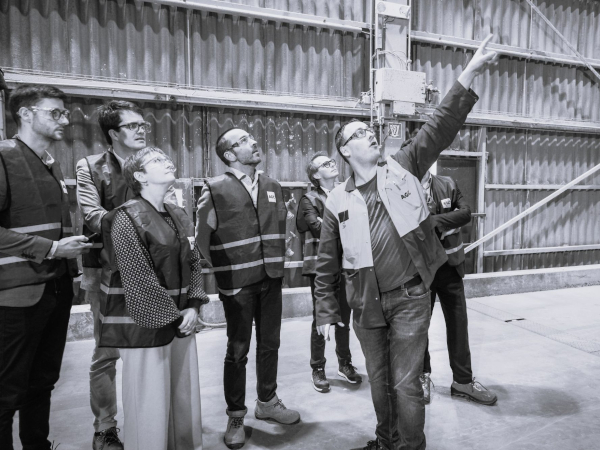
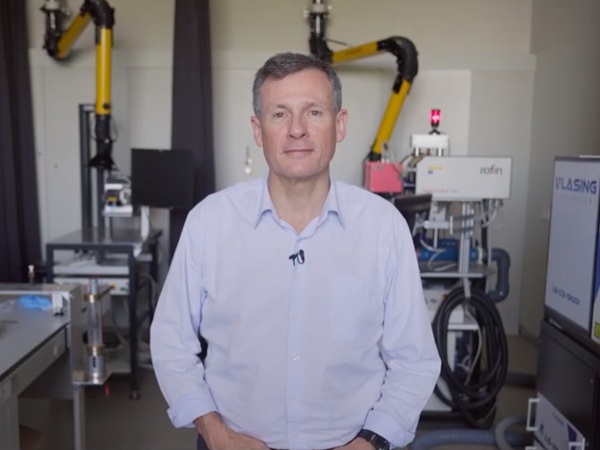
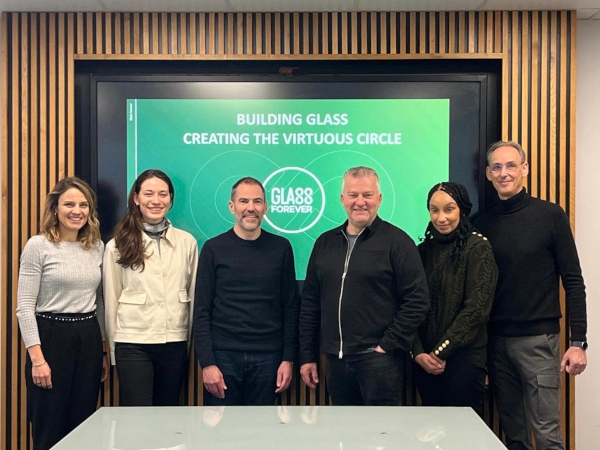
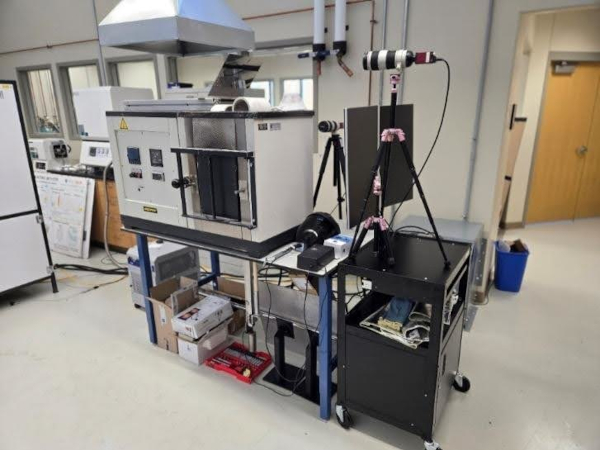
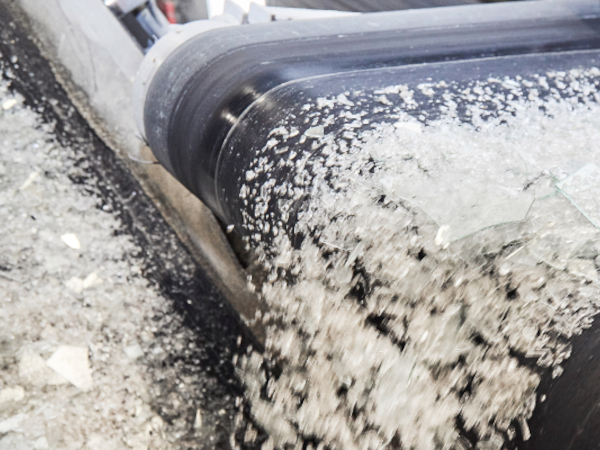

Add new comment